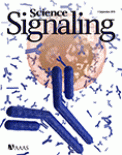 A paper containing data fudged by former University of California San Francisco grad student Peter Littlefield has been corrected. We knew that this was coming — last month, the Office of Research Integrity issued a report that Littlefield had admitted to misconduct, and agreed to a retraction or correction of the two affected papers.
A paper containing data fudged by former University of California San Francisco grad student Peter Littlefield has been corrected. We knew that this was coming — last month, the Office of Research Integrity issued a report that Littlefield had admitted to misconduct, and agreed to a retraction or correction of the two affected papers.
Published in Science Signaling, “Structural analysis of the /HER3 heterodimer reveals the molecular basis for activating HER3 mutations” examined the structural details of a protein associated with cancer. It has been cited two times, according to Thomson Scientific’s Web of Knowledge.
According to the correction note, the concentration of a protein presented in one figure was “miscalculated;” in another figure, the error bars were “calculated incorrectly.”
A statement from the UCSF affirmed that principle investigator Natalie Jura has “not been implicated in any research misconduct finding,” and explains that Continue reading Science Signaling corrects data fudged by former UCSF student

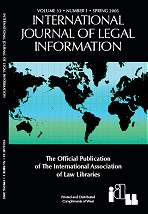
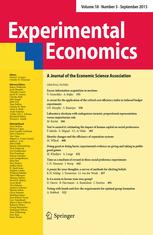

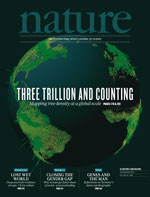
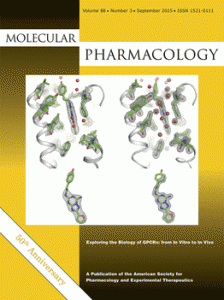

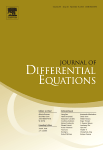 After we reported on
After we reported on